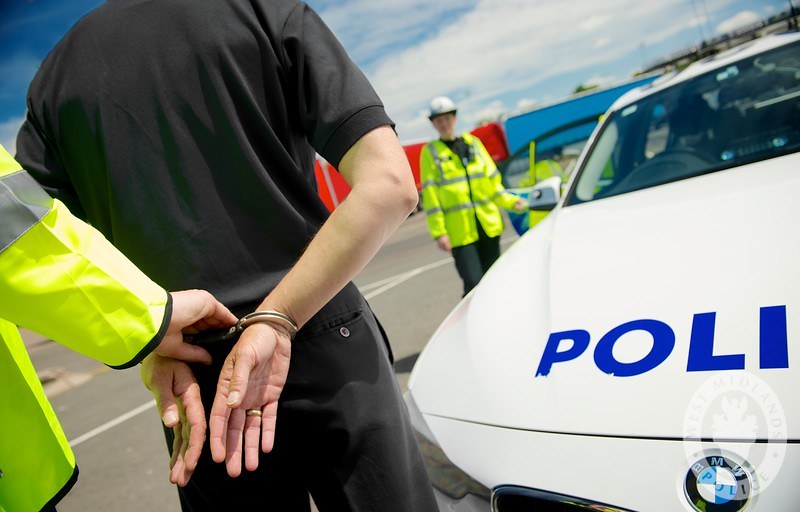
Given we are criminal defence lawyers we interact with police on a regular basis, but perhaps without thinking too much about the office of police constable and what it entails.
Every police officer, irrespective of rank, holds the office of police constable. The office dates back to ancient times and the practice of each local parish electing a parish constable.
The office of constable is a personal one, and each officer exercises power in their name with their ‘authority [being] original, not delegated, and exercised at his own discretion by virtue of his office’ (AG for New South Wales v Perpetual Trustees Ltd [1955] AC 457, PC).
Whilst we most often look at the Police and Criminal Evidence Act 1984 to understand police powers, there is, in fact, no single definitive source of power. Some police powers can be found by examining common law, others by studying dozens of statutes.
At a basic level, it is the duty of a constable ‘…to give adequate protection to all persons and to their property’ (Glasbrook Bros Ltd v Glamorgan) and ‘…to take all steps which appear to him necessary for keeping the peace, for preventing crime or for protecting property from criminal injury…duty to detect crime and to bring an offender to justice’ (Rice v Connelly [1966] 2 QB 414.
There is also a considerable body of ECHR law that impacts police duties.
Police jurisdiction extends to England and Wales and adjacent UK waters (s 30 Police Act 1996), and across other parts of the UK for specific purposes, such as executing arrest warrants (Criminal Justice and Public Order Act 1994).
The wiser police family also includes special constables and an increasing reliance on civilian staff to carry out specific delegated tasks.
When dealing with cases, all our lawyers pay careful regard to the powers exercised by police to ensure that the power was available in the first place, the correct person exercised it and finally, it was carried out in accordance with the law.
How can we help?
Here at Broadbent’s, we keep up to date with any changes in legislation and case law so that we are always best placed to advise you properly. If you would like to discuss any aspect of your case, please contact name us on Alfreton: 01773 832 511, Derby: 01332 369 090 and Heanor: 01773 769 891. Additionally, you can fill out our online enquiry form where a member of our team will be in touch shortly.
Image credit: “Day 165 – West Midlands Police – Arresting suspected offenders” by West Midlands Police is licensed under CC BY-SA 2.0




